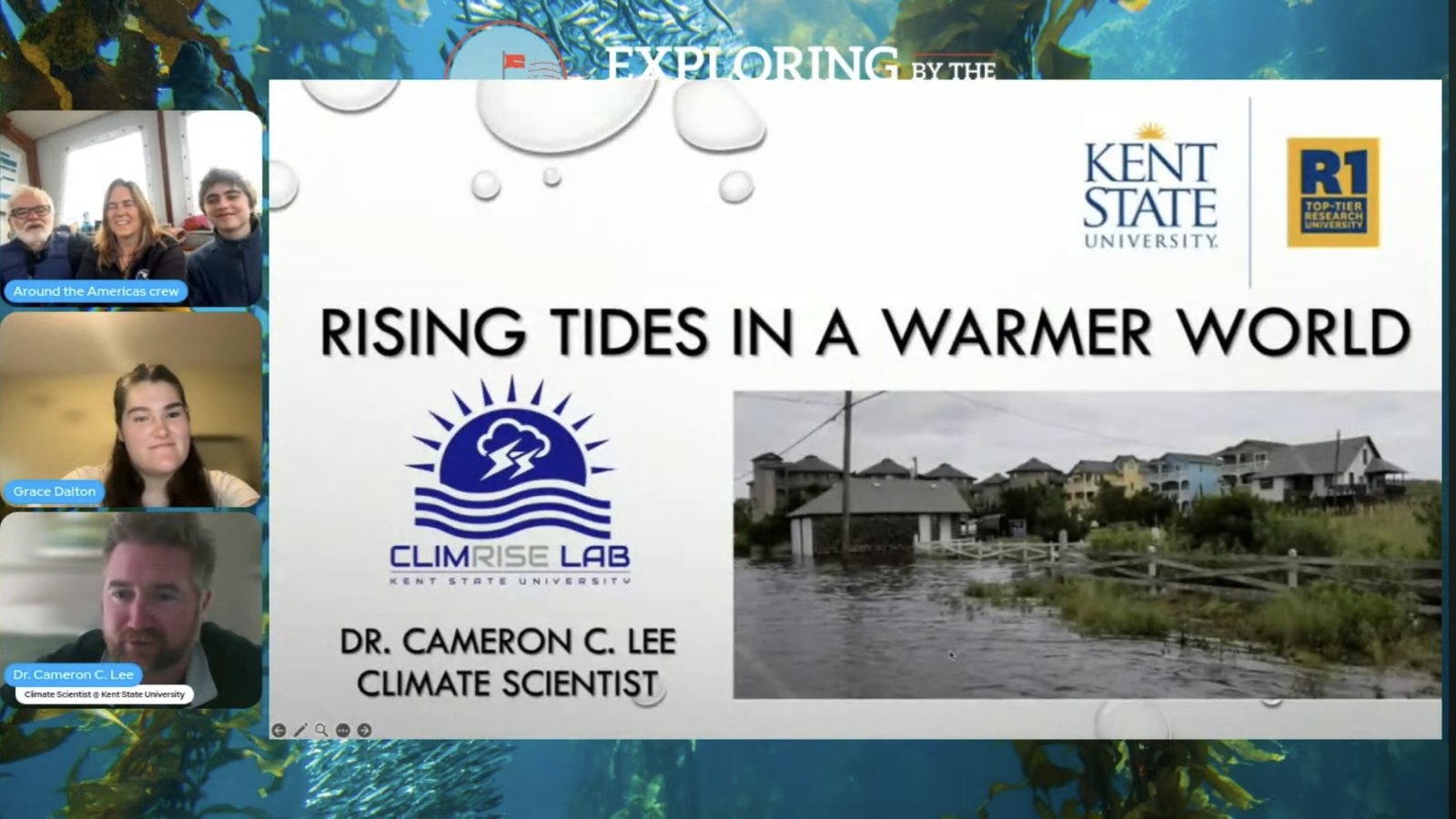One Ocean has been banging through choppy seas for more than 24 hours. The wind has calmed, but the water—stirred up by days of windstorms—remains restless, confused, and hard on the crew. Some have been seasick, all of us uncomfortable. Now, with the first light of morning, the sea is finally beginning to ease.
I love the early morning watch. It’s a time to be alone with your thoughts. When the engine is running it’s too noisy for conversation, so it feels like the world shrinks to you, the boat, and the horizon. I carry no particular worries this morning.
We are about 21 hours out from Guysborough, Nova Scotia, crossing the Laurentian Channel. Shipping lanes. Civilization. A cargo ship slides past, four miles off my port bow.
Logically I know we’ve left the most remote stretch of our voyage behind, but my heart hasn’t caught up. Places like Nain, Labrador, and Lark’s Harbour, Newfoundland were gentle respites back to the world of people. Still, it feels strange to imagine a return to civilization.
In these months at sea, my world of “things” has grown smaller while my world of nature has grown immeasurably larger. I’ve grown used to boat life—my worries of when or where to do laundry, or where to reprovision, the endless days of rolling seas, thinking it will never end, but it does end. Nothing stays the same and none of it seems urgent anymore. The storms pass, the chores get done eventually. What once felt overwhelming now feels temporary, manageable.
Weather remains my greatest stressor. Not the seas themselves, but what they do to our carefully made plans. Schedules implode with every storm front, and I felt guilty—like I was letting people down. Lately, I’m learning to let go. If I release the schedule, I release the stress too. What matters is not what I can’t control, but what I can achieve.
And what we’ve achieved matters. The weather is harsher than it was 15 years ago—storm after storm—and that reality framed the online classroom we hosted yesterday on climate change and sea level rise. Our guest speaker, Dr. Cameron Lee, was brilliant. I felt proud of the class and the program we’ve built. It’s been many long hours and years of work now coming to fruition and it’s better than I dared to imagine.
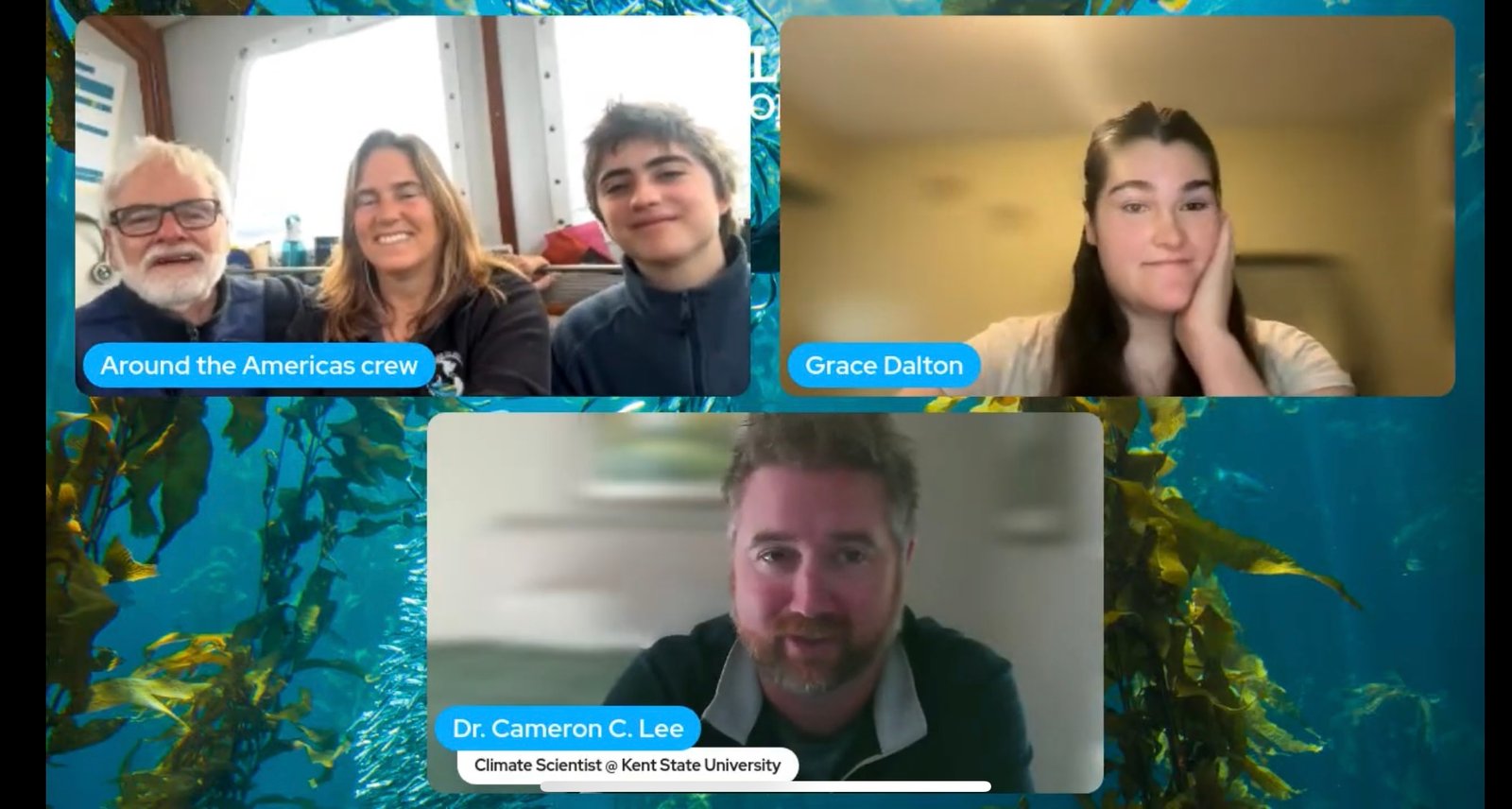
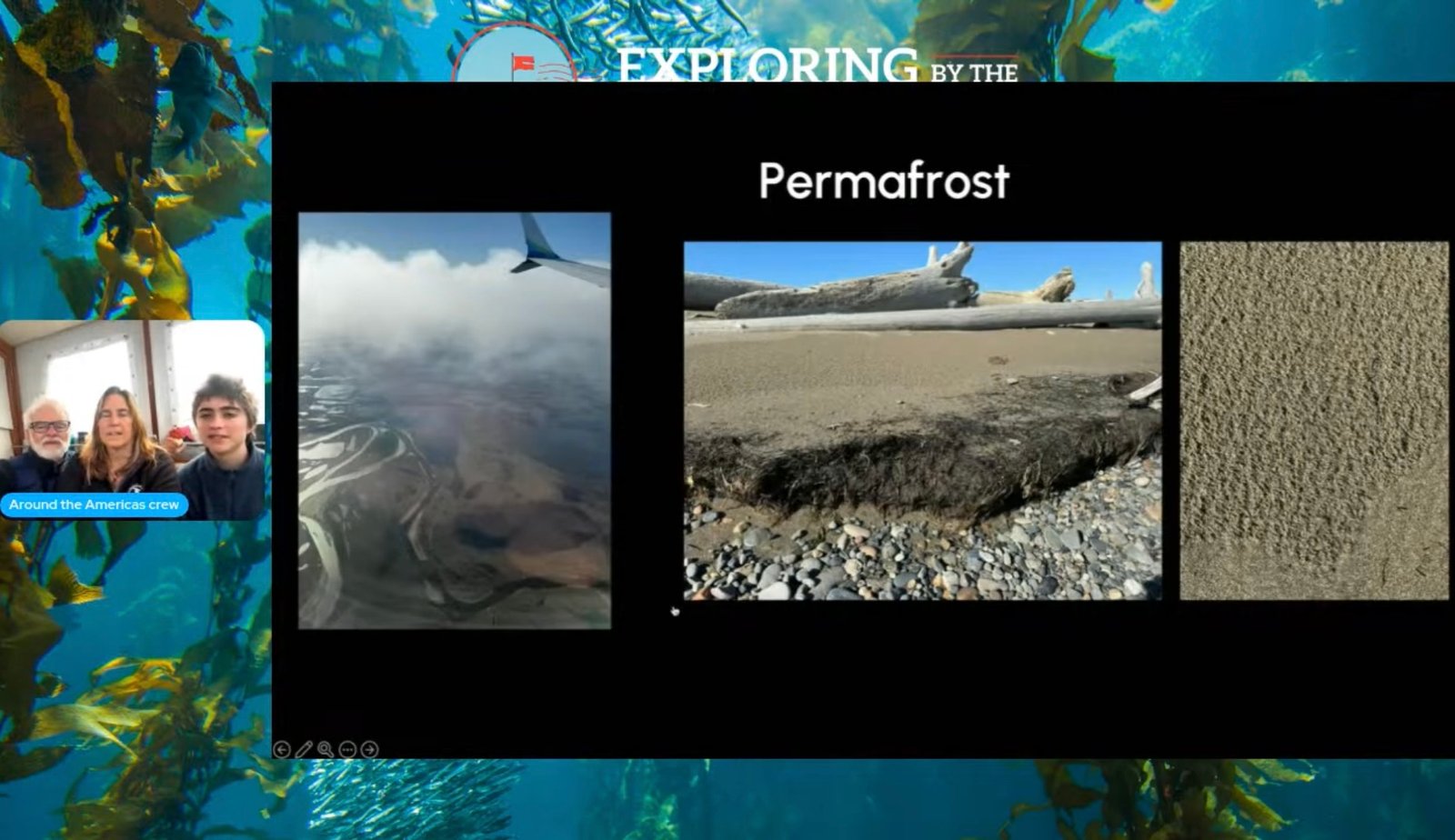
Even on rough days, moments of wonder break through. Trooper Tess was sick through much of the class, yet she toughed it out and came back to life by afternoon. At dinner a massive pod of dolphins surrounded us, leaping clear out of the water, darting under the bow, flipping belly-up in play. Tess and I lay on the bow, reaching toward the water, laughing as their high-pitched squeals filled the air. Even after I went inside, I could still hear the call of dolphins through the open galley window.
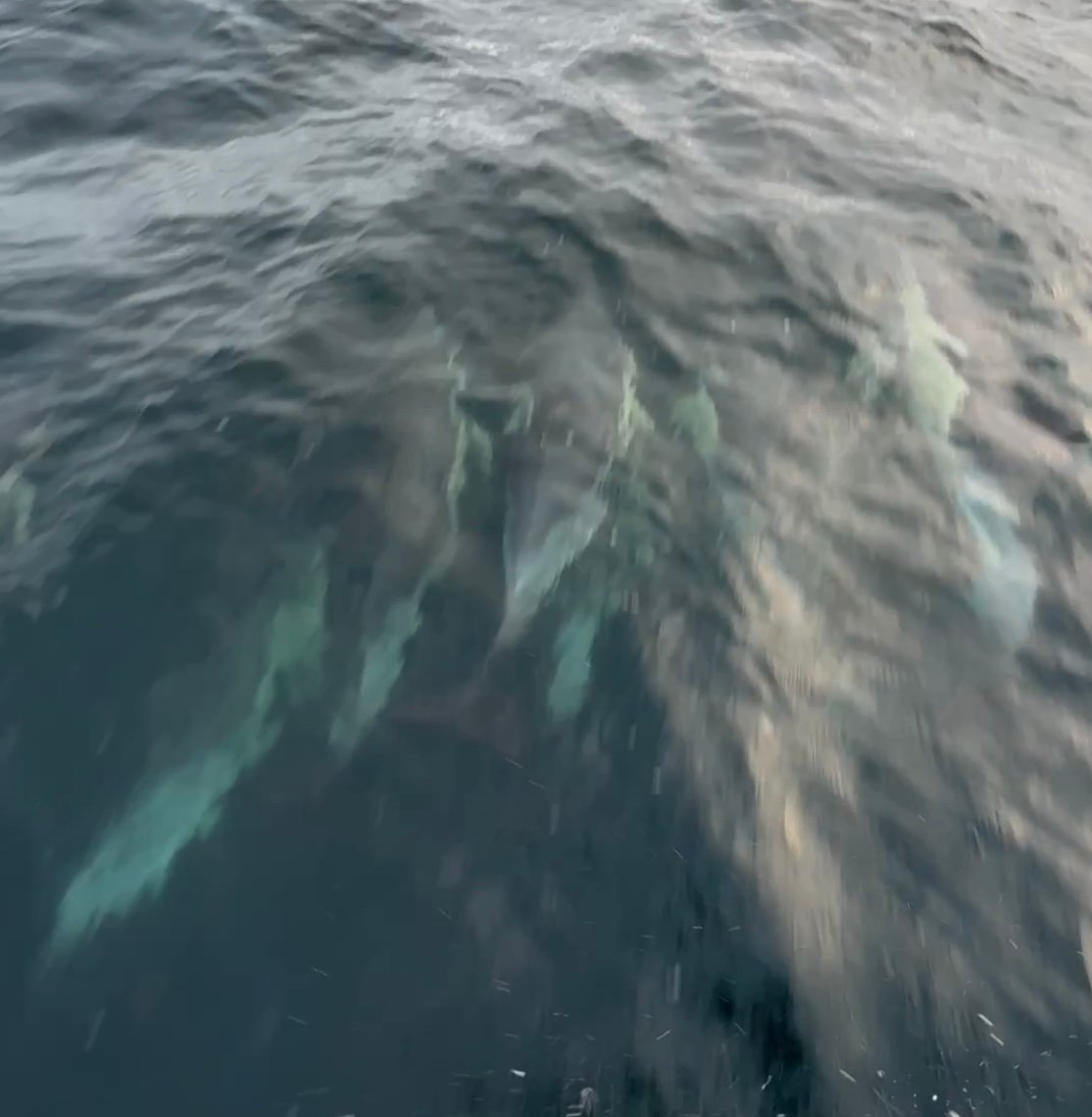
Now, as I write, the stars have faded and a soft orange light spreads across the new sky. The sea - finally calm, the day feels full of promise. I’m thinking of my kids—missing them, loving them, hoping they’re happy. Out here, far from shore, love and connection remain constant: steady as the horizon, vast as the sea.
